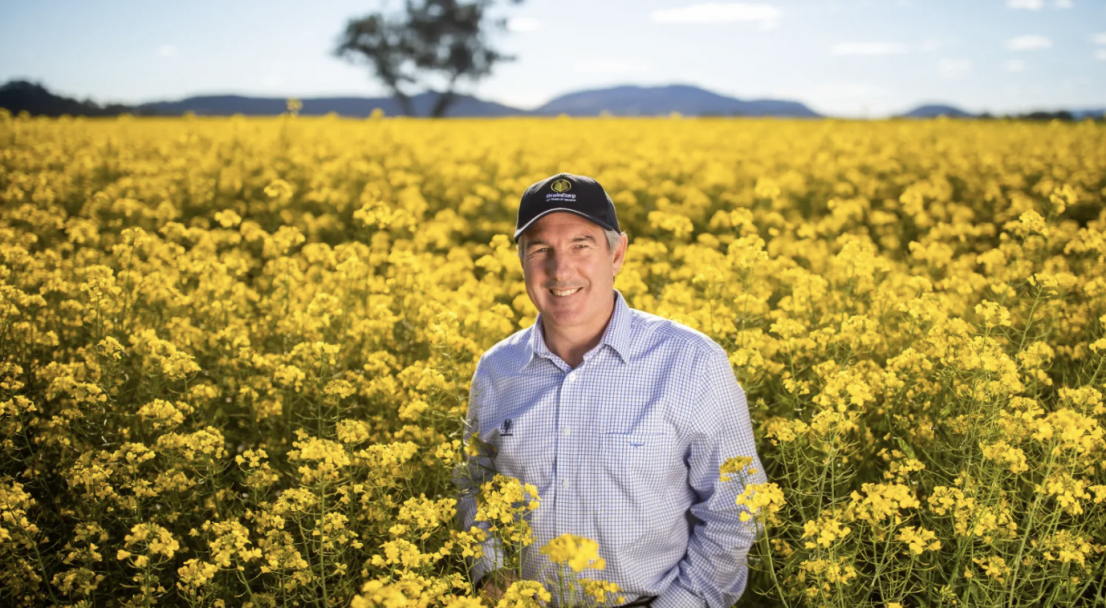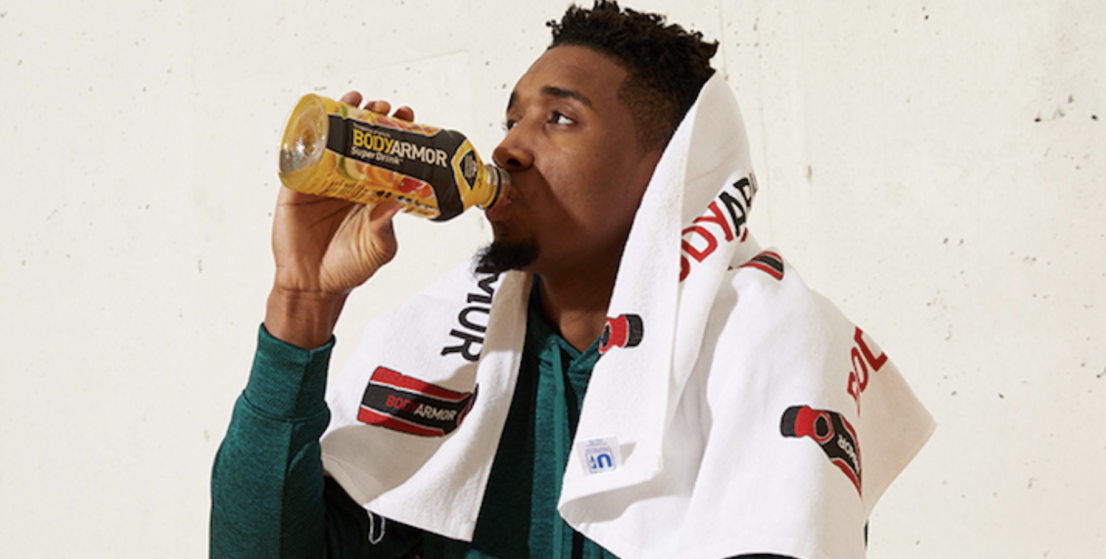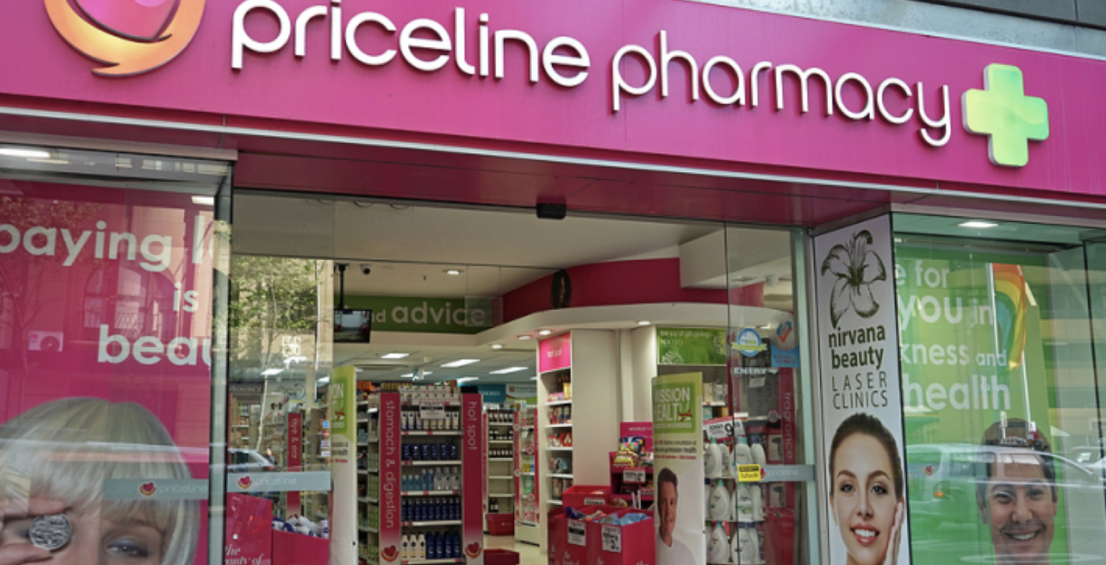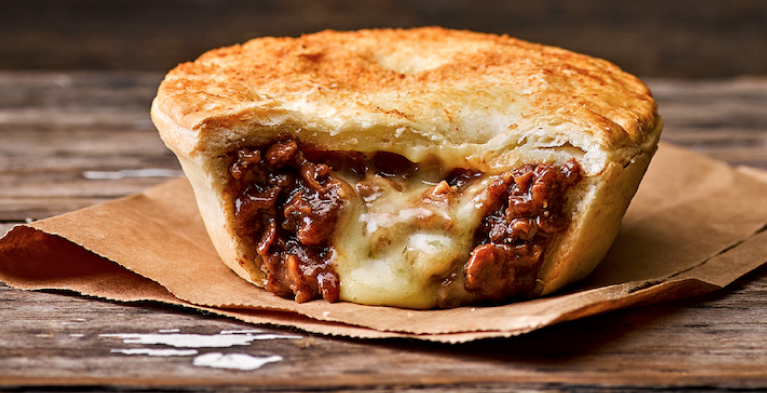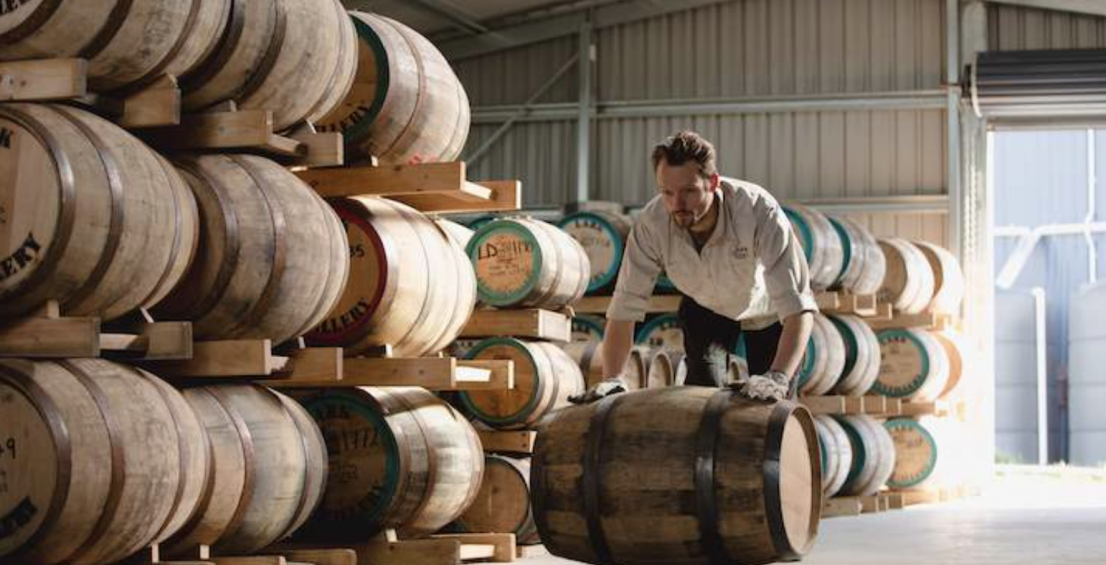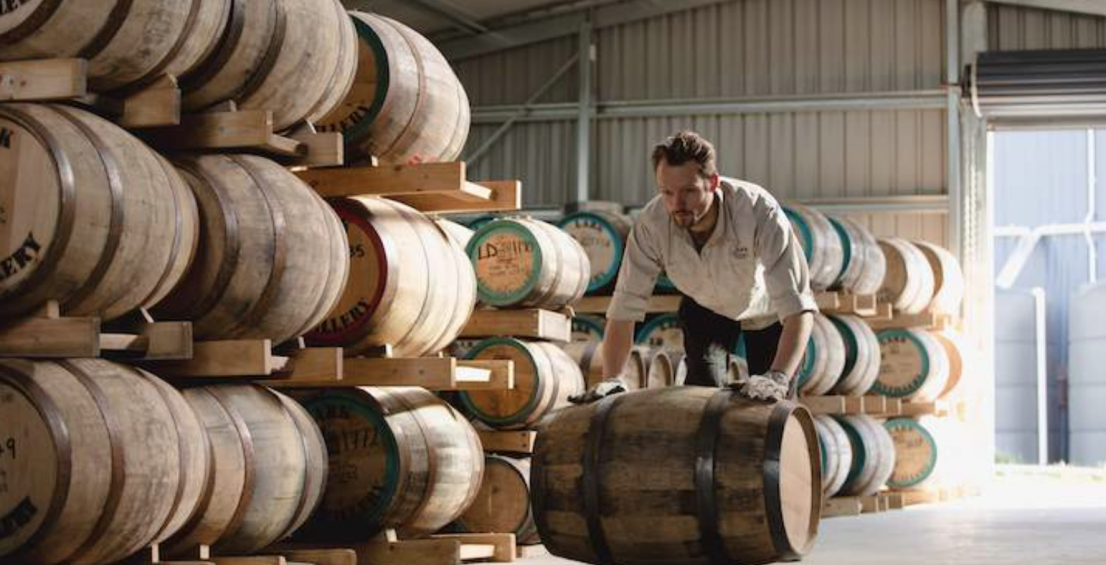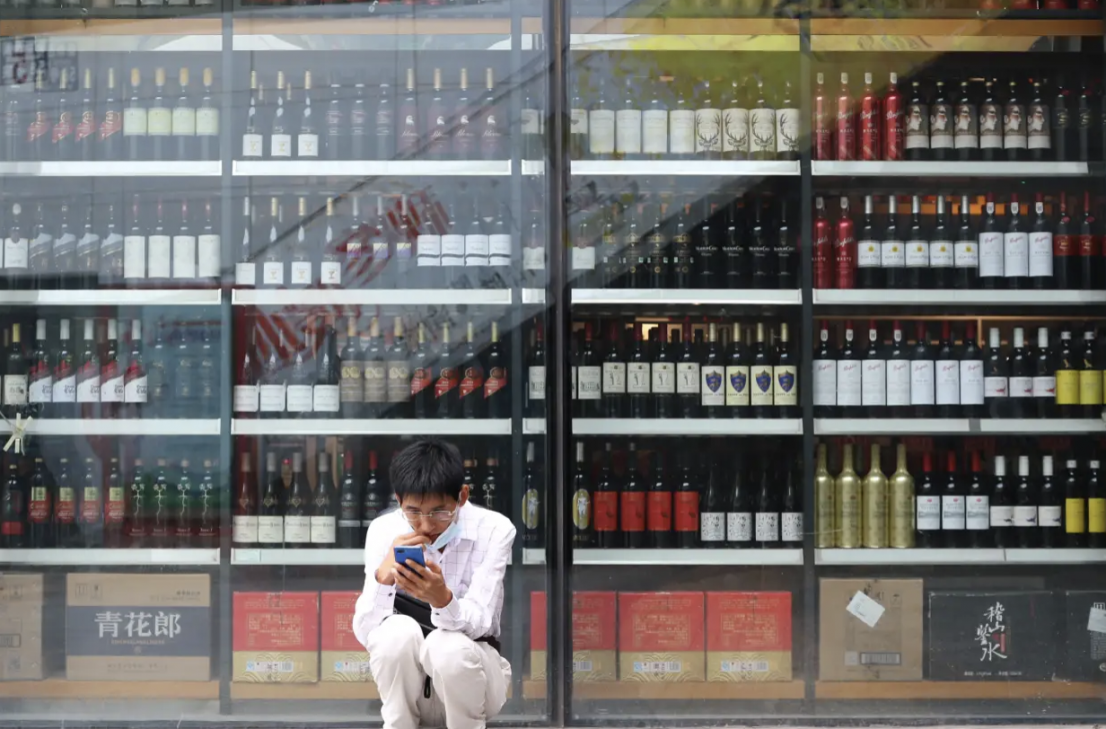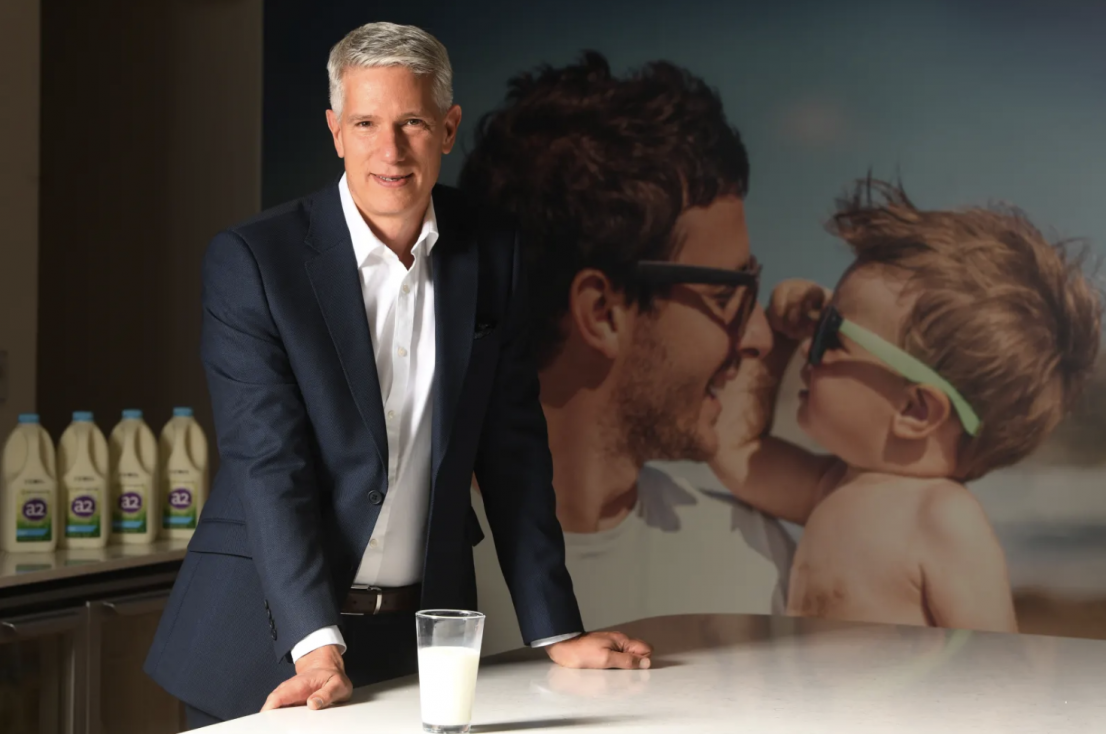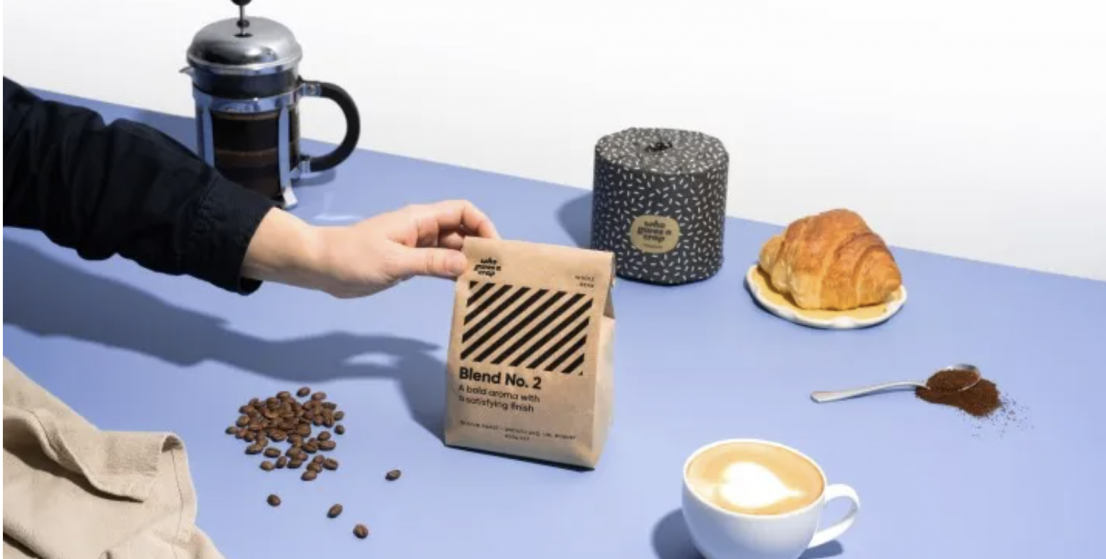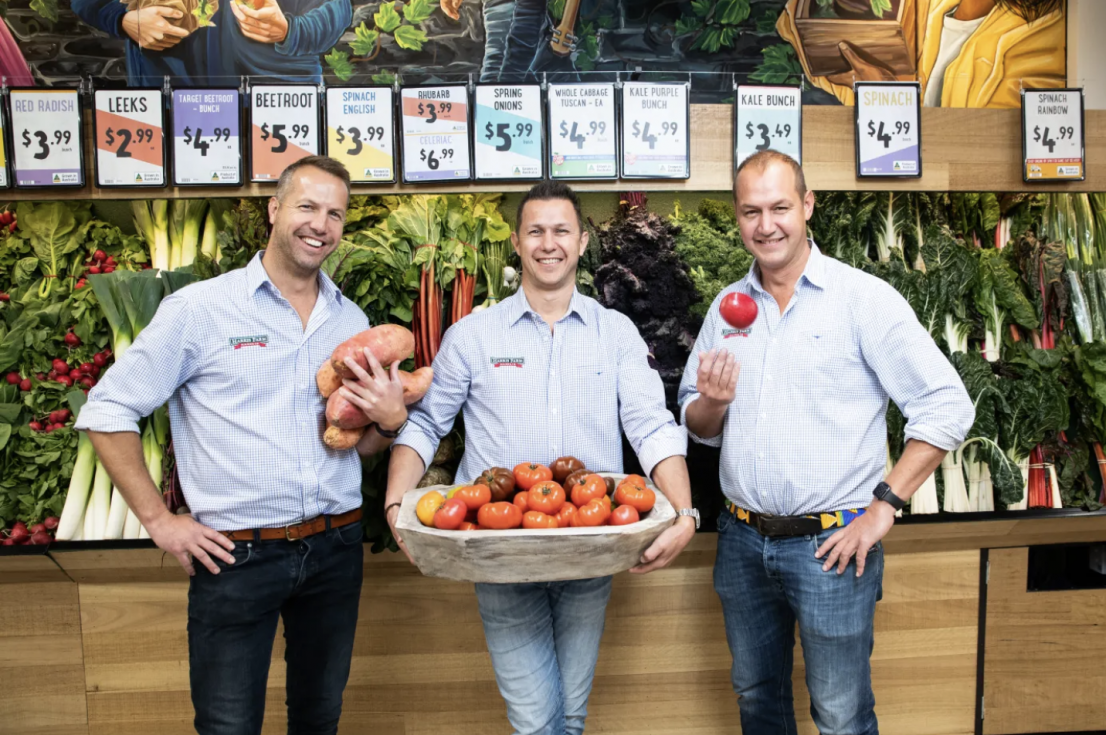
Tristan Harris, the co-head of family-owned grocer Harris Farm, says he is looking forward to the day when customers can shop for a chocolate bar and get a carbon credit in return for their purchase.
Mr Harris said offsetting or avoiding carbon pollution in the production of food was the best way forward, but the retailer was working hard in every part of the business across its 10,000 products and thousands of suppliers to create a more ecological supply chain.
“So what we’re spending our time on at the moment is measure directly or get good enough proxies to measure carbon, and then allow the customers to opt in to offset,” Mr Harris told the UBS Australasia Conference.
“Obviously, it’s much better to avoid creating a carbon problem in the first place. I’m really looking for the time when we have carbon negative products so when somebody buys their bar of chocolate, they can get a carbon credit.”
Mr Harris said while it sounded relatively simple to bring all this information around production to the consumer, it was not.
“It’s going to take some innovative companies a bit of work to try to muster all that vast range of information and present it in a beautiful way to both retailers and customers,” he said.
Harris Farm is seeking to gain B Corporation status, spending time educating the consumer and seeking to move to 100 per cent renewable electricity by early next year.
Mr Harris noted Harris Farm also repurposed food: old bread was turned into bread crumbs and fresh kale was made into kale chips.
Consumers consider production
Anthony Pratt, the chief operating officer, northern operations, at JBS Australia, said the group was investing in high-end automation in its factories, which was improving the welfare of its people and creating higher global energy savings.
JBS Foods Australia is part of the Brazilian giant that is Australia’s largest meat and food processing company. The global company’s CEO recently made the commitment to go to net zero by 2040.
Mr Pratt added that if any business wanted to be a major player in any industry, as an operator, you felt the “gravity” of sustainability.
He said consumers made decisions to purchase your products or a competitor’s, taking production into account.
“If you’re not active in this space then it’s hard to get the consumers interested in your product,” he told the conference.
When asked about the rise in popularity of plant-based protein and if it would play a role in achieving its carbon reduction goals, Mr Pratt said there was no “silver bullet”.
“Will people eat more plant-based than animal protein? On the evidence we’ve got today, no. Plant-based protein has been around for a couple of years now, and it’s certainly a marketplace on its own that has contributed to people’s diets, but we’ve not seen any reprieve for our core products,” he said.
Brendan Savage, owner of Tolga Farm in Western Australia, said finding a cheap and efficient way to measure soil carbon would be welcome.
“Any work we’re doing with soil organic carbon testing, we’re in the infancy as far as that goes. We try and renew projects that were up and running in 2008 to 2012 ... but everything takes time as far as the bureaucracy goes,” he said.
Mr Savage hoped this project would enable him to go back to the sites and find out which practices had resulted in a beneficial change.


